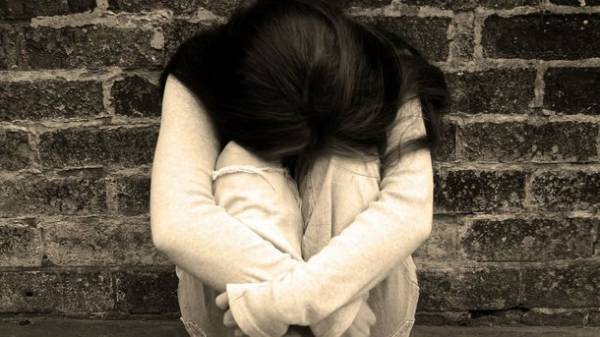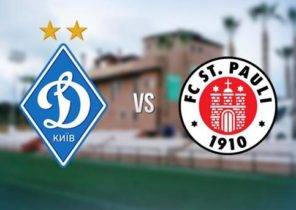
Words have very great power, sure psychologists – especially if it’s words, with which parents address to the child. In childhood, any phrase is able to leave its mark and to have a major impact on the future life of the child.
Psychologists note that often it is the words of parents to determine how to grow their child.
“No” without explanation
Experts recommend to take it a rule to explain any ban. “No” often is the desire to do the opposite in secret or to bring the case to the end.
According to psychologists, is always to explain what the unpleasant consequences may result or other action. This is useful not only from the point of view of safety of the child, but also helps develop in them a sense of responsibility for their actions.
“Men don’t cry”
Men regardless of age sometimes need to “vent things”. Psychologists emphasize, that the tears are not deprived of their masculinity – on the contrary, harden, help to fight and overcome adversity.
The little boy has a right to tears – it is not necessary to forbid him to cry, but it is necessary to teach him to calm down, experts recommend.
“It’s nothing”
What seems insignificant to parents, can be a real tragedy for the child. Experts advise to accept this fact and respect his feelings.
He should support the child to show their understanding of why he’s so sad and to offer help.
“Don’t do – get sick/break/not work!”
Experts believe that you need to give your child the opportunity to learn from their mistakes. Shouldn’t “program” a child to fail.
“You are my mountain!”
These words, noted by psychologists, they make you feel guilty child: other parents of good kids, and it’s bad, only brings disappointment.
You should avoid phrases with a bright negative connotation, especially if we are talking about something minor.
“I told you so(but)…”
If the child did not listen, and the parents were right, don’t need to remind this child when he had an accident, experts believe.
At such times the child needs parental help, not moralizing. It is worth remembering that children copy their parents ‘ behavior, because such situations depends on whether it will in future seek to come to someone for help, or to blame someone in need.
“You and I will bring to the grave!”
Children fear losing their parents, and such statements only cultivate fear and impose a sense of guilt. Psychologists emphasize that these words are an example of manipulative behavior towards the child, because they absolutely can not use.
“Many will know soon grow old!”
Curiosity and a thousand questions “Why?” – a normal stage of child development, formed its initiative and entrepreneurship, including intellectual.
Answering questions, the parents encourage the child to knowledge: when he was older, you’ll be able to find answers himself, maintaining the interest to new knowledge.
“Stupid!”
Psychologists do not recommend to call the child rude words, as it can subconsciously start to strive to meet these parental “expectations”.
“Don’t be a tattletale!”
The small child is still learning to interact with peers. If a conflict occurs – for example, baby hit or took his toy, the child is sent to their parents for help.
At this moment the child can not push. If, one day, help him refuse the people closest to me, in the future he will do the same against those who will surround.







